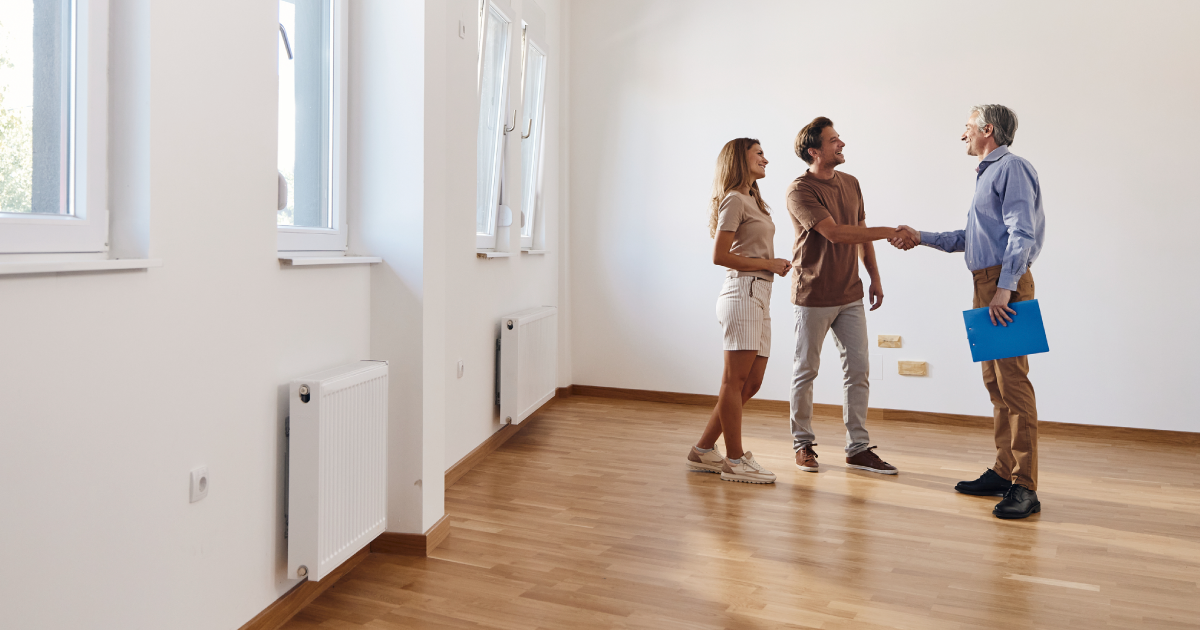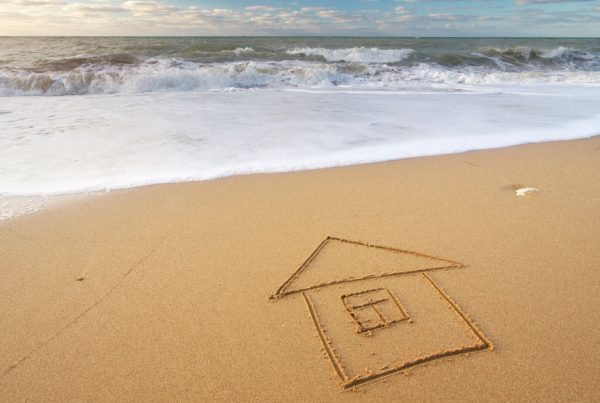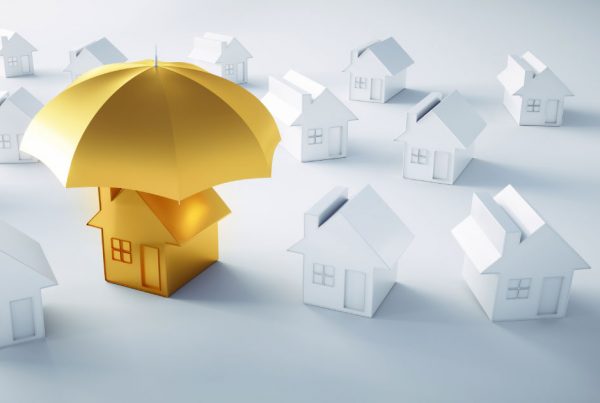Buying a second-hand property is a great opportunity for many people.
Firstly, simply for economic reasons, as the price is generally lower than that of newly built properties, but also for those investors who, attracted by the price, decide to invest in a second-hand property in order to fix it up and rent it out or sell it again after renovation.
Be that as it may, it is important to take into account some key points when we go to visit a property and we have the real intention of buying it.
Today we detail the 10 essential points that you should take into account before buying a second-hand property.
Keep them in mind!
- Realistic budget:
Before you start looking for a property, you need to have a realistic and more or less closed budget. For this, you should not only take into account the purchase price of the property, but also all the additional costs such as taxes, fees and commissions of real estate agents or notaries, to name a few.
It is highly recommended to have a prior approval of the mortgage by the chosen bank in order to specify the exact costs and not to have any unpleasant surprises.
Remember that the property must meet your expectations and needs but also fit within your financial framework. before buying a second-hand property.
- Location of the property:
Location is one of the most important factors when buying a home. Take into account the proximity to your workplace, schools in the area, supermarkets, playgrounds and accessibility to public services. Also the safety and quality of the neighbourhood. All these are factors that can influence the current price of the property as well as in the future if you are thinking of selling.
- Thorough inspection:
Before buying a second-hand home, conduct a thorough inspection. You can hire a professional home inspector to evaluate the property for structural, electrical, plumbing and other hidden problems.
This will help you avoid unpleasant surprises after the purchase.
- Repair history of the property:
It is important for the seller to tell you about any past problems or major repairs that have been made to the home or building.
- Documentation:
You should make sure that all documentation is in order. This includes the title deeds, plans, building permits and any other documents related to the property.
Check that there are no ownership issues and that the property complies with all local regulations.
It is also very necessary to do a search for any outstanding liens, encumbrances or debts associated with the home. This will help you assess whether the property has any legal or financial problems that could affect your purchase.
- Negotiation with the owner or real estate agency:
Negotiation is a crucial part of buying a second-hand home. Do not hesitate to make a reasonable offer.
If, when inspecting the property, you have detected any problems that you can solve and that are not serious, do not hesitate to use this as an argument to try to reduce the price.
- Evaluation of the general condition of the property
Examine the general condition of the property. Find out about the year of construction and about any possible renovation fees that could mean a significant financial outlay.
- Selling value
Even if you are not planning to sell the property immediately, it is important to consider its resale value. Research how property prices in the area have fluctuated in recent years and whether there are any development plans that could affect the future value of the property.
- Professional advice
It is highly recommended to work with specialists in buying and selling property. Not only for the advice regarding the purchase, but also for the paperwork, documentation and administrative procedures that must be carried out.
We hope this article will provide some guidance if you are considering buying a second hand property.
If we can help you at any stage of the process, please do not hesitate to contact MAM Solicitors.
We have over 30 years of experience behind us







